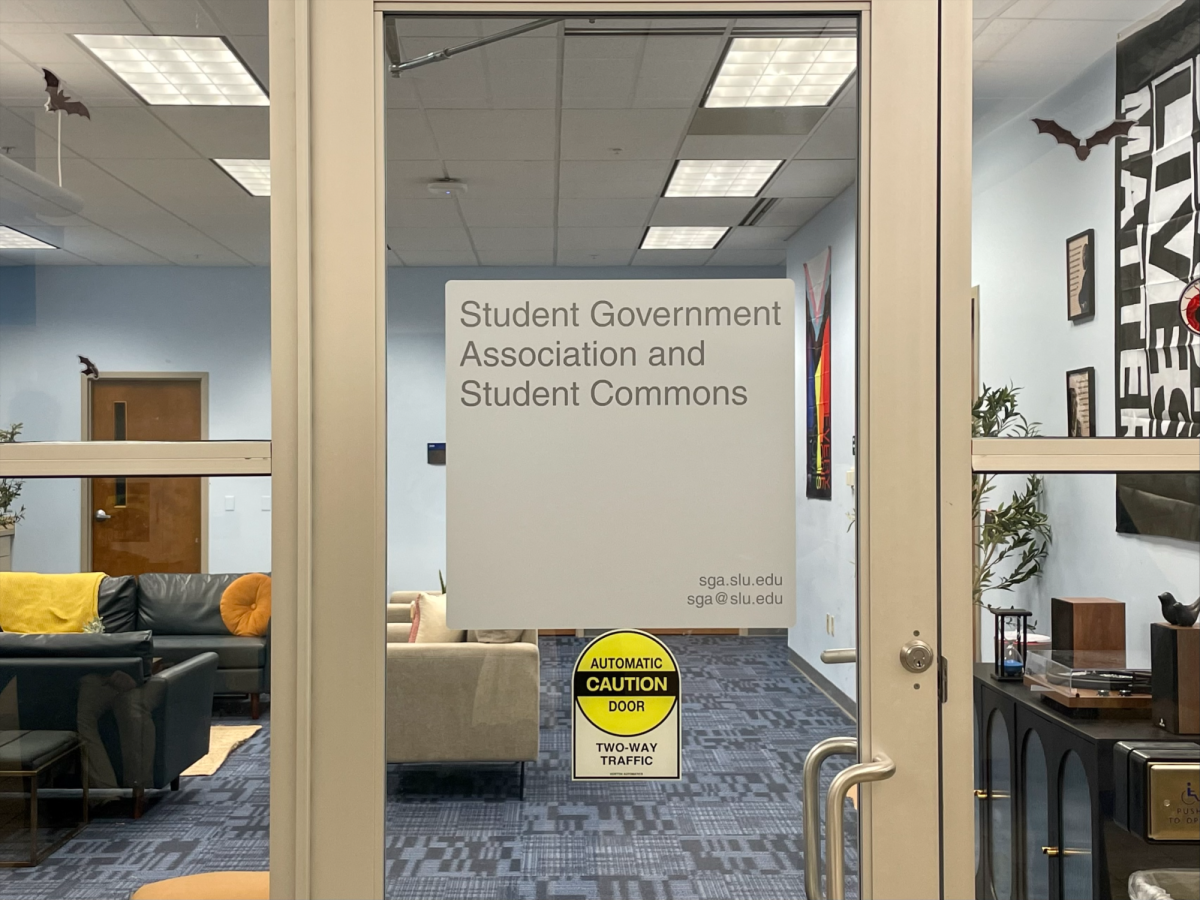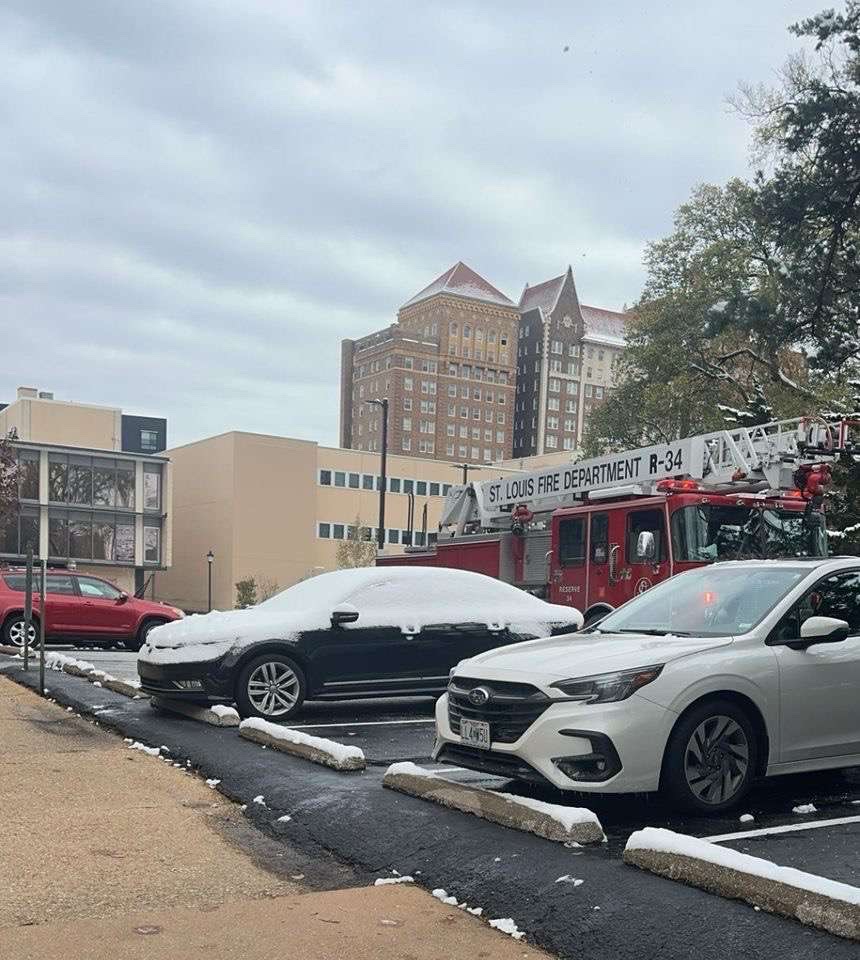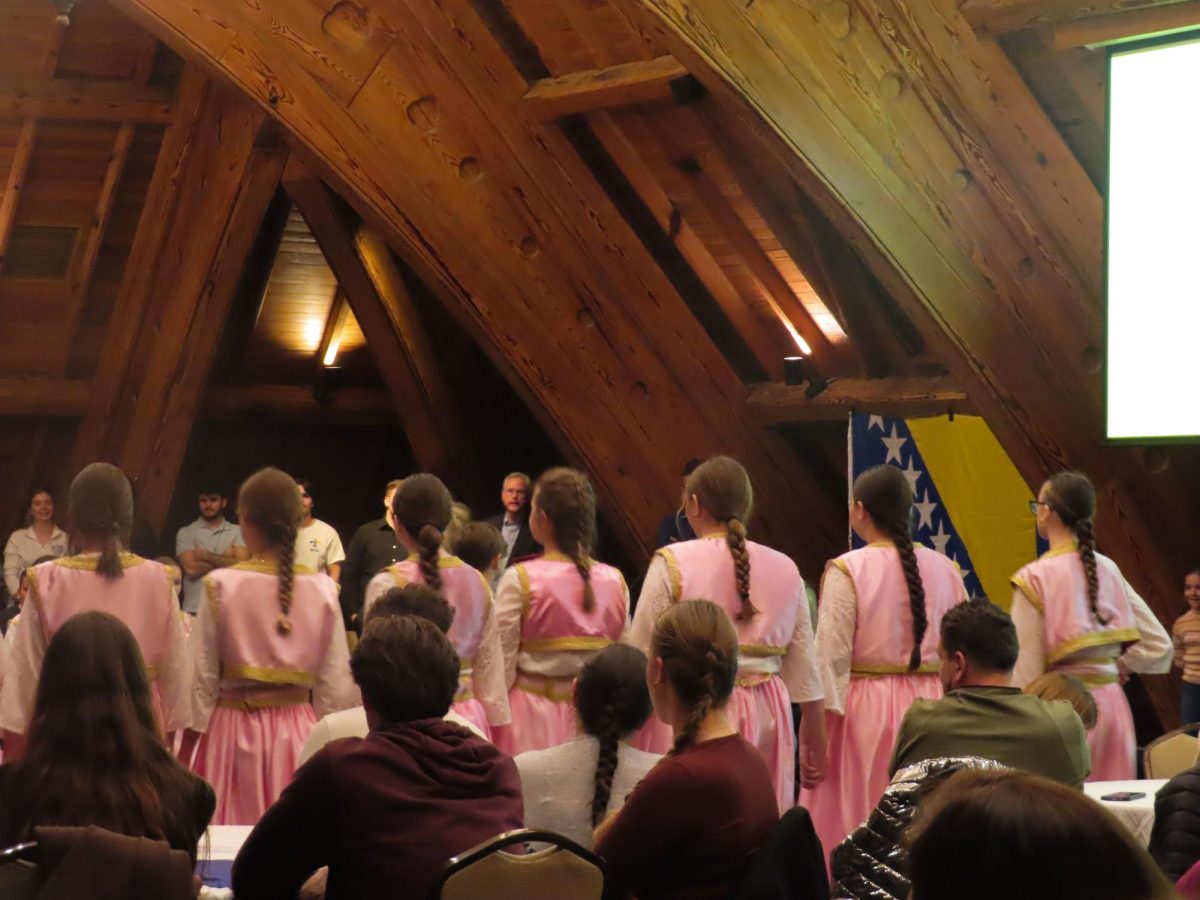The student response to the Cross Cultural Center Student Leadership meeting on Jan. 27 was, for the most part, confusion.
“We appreciate being told about the changes,” UNA Core team member, Teresa Wink said. “But I feel like there is a lack of communication between the administration and student leaders.”
Much of the confusion stemmed from the explanation of event planning processes. At the being of the 2010- 2011 school year, a new timeline was set for student groups looking to schedule future programs. Groups must now submit the necessary forms to the Student Involvement Center 20 business days prior to the date they hope to have their event.
“Twenty business days is the minimum amount of time, though, not the maximum,” Manager of Operation for Student Involvement, David Young said. “Groups can request an event a lot earlier.”
The process for planning a CSO event begins with a Program Planning Form, which is the primary form used to request an event. Student Involvement encourages student leader to submit this form, along with an Event Registration Form, six to eight weeks prior to their desired program date, but the absolute minimum is the 20 days.
The form initially needs to be signed by both the group’s academic advisor and an advisor in the CCC before it can be brought to Student Involvement for approval.
According to Young, the amount of time an advisor will take to sign off on the event varies by advisor, but this should not hold up event planning.
“This will help with basic event planning,” Young said. “It’s not meant to hinder students, but meant to encourage them to be more proactive in their planning, like with reserving rooms in advance.”
Some students remain unconvinced, however.
“[There] was a lot of talk about holding student leaders accountable to a burdensome administrative bureaucracy and little talk about how administrators can be more accountable to students,” Rainbow Alliance President Thomas Bloom said. “If we are expected to complete lengthy paperwork and adhere to rigid deadlines, administrators could at least commit themselves to responding to us in a timely manner with straightforward answers.”
One of the biggest complaints student leaders have about the matter is how little input the students had in the decision process. According to David Young, the extent of student consulting fell on three members of the Student Government Association.
“Last year, we talked to three senators who had concerns about the speaker approval process,” Young said. “This lead to the discussion about the event planning processes.”
None of the student leaders affected by the policies were consulted before the changes were implemented.
“Basically, there’s a lot of confusion,” Alexander Salazar, a junior on SGA’s Policy Committee, said. “We’re all worried about the spur of the moment events and this new time line.”
Salazar stated that in spite of the shared governance between SGA and the University, senate had little input on the policy change. He acknowledged, however, that these policies would help ensure quality and avoid financial troubles for CSOs.
Student leaders also expressed concern with the process for bringing a speaker to campus. Should a group want to have an event featuring a speaker or a performer, they would also need to submit a Standard Speaker Agreement Form along with the Program Planning Form. This form also needs to be looked over by the group’s advisors before being sent to Student Involvement and needs to follow the 20-business day policy. Student leaders are worried about the time crunch with all the steps CSOs need to take to plan events.
“The 20-day policy is misleading because we need to get posters made and put up two weeks before the event,” UNA Core Team member Lauren Araujo said at the Jan. 27 meeting. “So it’s really a six week process. We want guidelines as to how to submit these forms.”
The best advice Young and the CCC advisors could give to students was to plan as early as possible for events. This increases a CSO’s chances of getting their programs and speakers approved and keeps the planning processes running smoothly.
“Communication first semester was not the best,” Young said. “The policies were discussed with all the CSOs but were not implemented right away. But it’s been fully stated now, and we are open to questions about the matter.”








